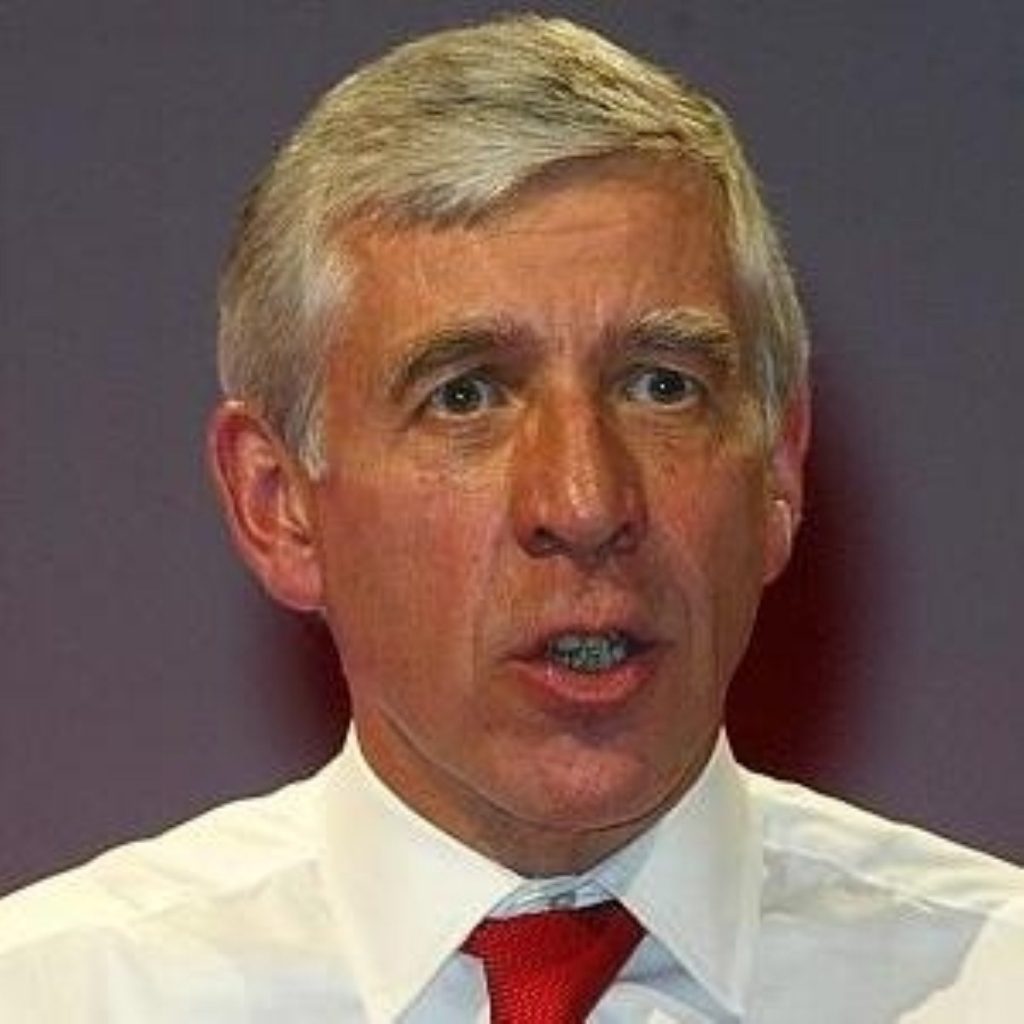Straw prepares for talks as officers return to work
More than 20,000 prison officers returned to work last night after the government agreed to fresh talks over pay.
The Prison Officers’ Association (POA) had earlier flouted a High Court injunction against the planned 24-hour strike, but ordered its members to return to work around 7pm after the justice secretary agreed to hold talks on Friday.
POA chairman Colin Moses said: “The executive has decided in the light of the offer of meaningful discussions on Friday regarding the staging of pay, to lead our members back to work, irrespective of the threat of an injunction.”
Jack Straw said he was prepared to hold “full and meaningful” talks with union representatives, but warned against using negotiations as a stalling technique.


Mr Moses last night said he could not rule out the possibility of further strike action, pointing out the decision will be made by the POA’s membership.
He told the BBC the government “seems to have forgotten” yesterday’s action followed a ballot of the membership, with ministers seemingly caught unaware when prison officers walked out at 7am yesterday.
Mr Moses said: “What we have been asking for specifically since April is for someone to talk to us about the disgraceful way we have been treated.
“For two years running [we have received] below inflation pay awards when we have 80,000 prisoners.”
An independent pay review recommended prison officers receive a 2.5 per cent pay deal, which the government ruled should be staggered. This, the union complained, slashed its value and amounted to a below-inflation pay rise.
Although the two parties will hold talks tomorrow, Gordon Brown has made it clear he will not sanction large public sector pay deals which risk exacerbating inflation.
At least 129 non-private prisons across England and Wales were disrupted by yesterday’s action and one prisoner appears to have died during the strike. Prisoners in Liverpool scaled the roof of their understaffed prison and fire engines had to be dispatched in Birmingham.
The government secured an injunction against the strike at midday, warning the POA its assets could be seized and members arrested if they did not go back to work.
Mr Straw said the strike was illegal and unjustified. Granting the injunction, Mr Justice Ramsey agreed there was an “overwhelming case” the POA had broken a legally binding agreement with the government not to strike.
The union had claimed the government had reneged on its own promises and warned morale among prison officers was at “rock bottom”.
Liberal Democrat justice spokesman David Heath warned the industrial action would only make the present prison chaos worse.
He said: “Strikes can never be appropriate in prisons, but it is no good ministers bleating that it is unlawful if they cannot do anything about it.”
Mr Heath warned the government not to dismiss the concerns of prison officers, blaming ministers and the Treasury for creating the crisis.
The Conservatives agreed the government must share the blame for the prison crisis.
Cheryl Gillian, shadow secretary of state for Wales, said prisons in England and Wales are overcrowded, while rehabilitation has been compromised by funding cutbacks.
Stressing the Conservatives did not support the strike, she said: “Ministers have also ignored consistent warnings as prisons filled up and prison officers are placed under increasing pressure.
“It is absolutely vital that the government responds quickly and effectively to this current situation.”









